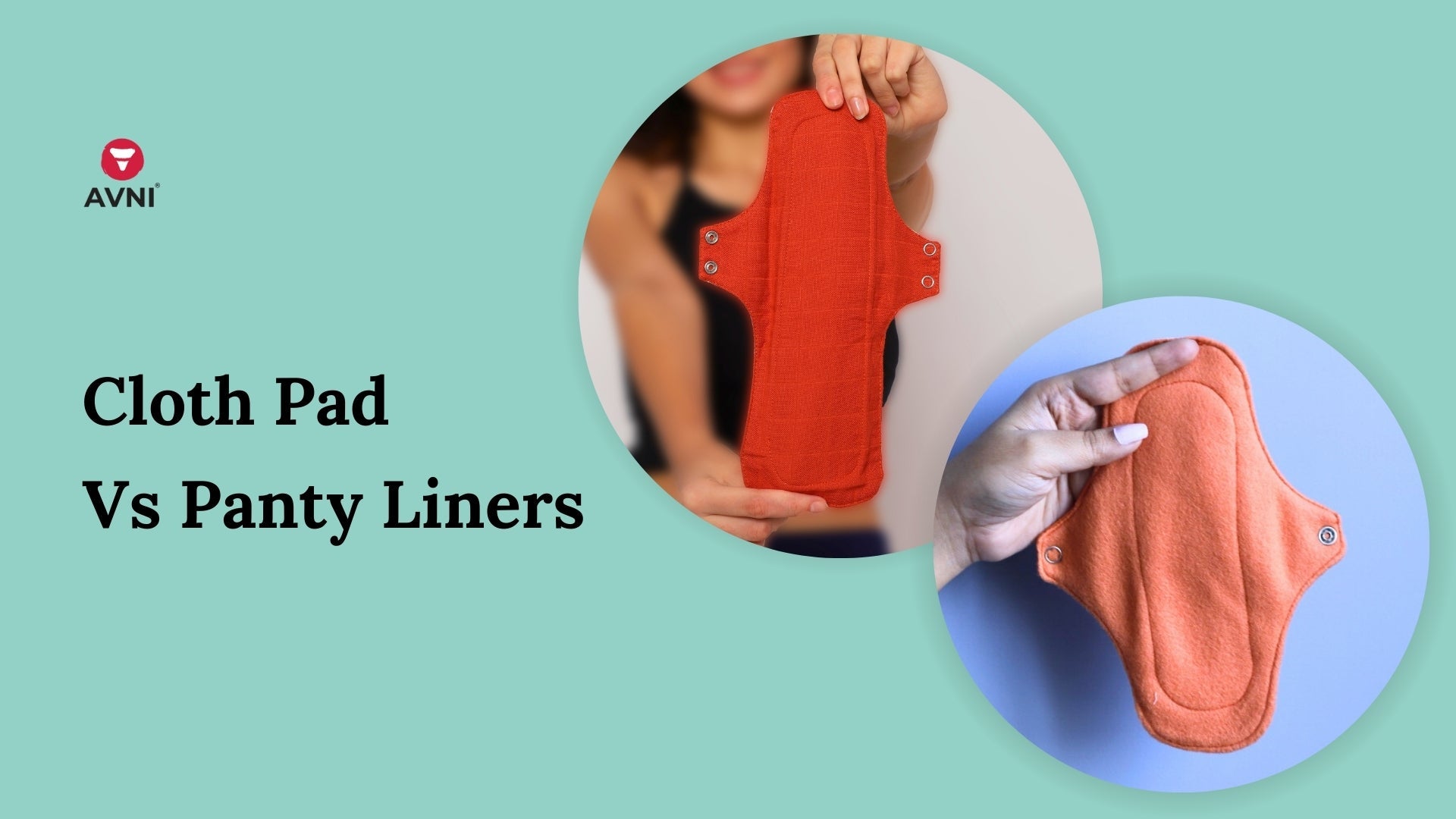
Everything You Need To Know About Urinary Tract Infection (UTI)
Here's a fact - us women have to take care of our health and hygiene all the time (it kinda falls under self care). Because there's a lot that can go wrong if we don't - hormonal changes, menstrual issues, sexually transmitted infections (STIs) - you name it. One such health issue that's common among many women is Urinary Tract Infection (UTI).
Time for a quick crash course in biology!
The urinary tract is an important system in your body. It consists of the kidneys, ureters, bladder, and urethra. Urine, or pee, is the excretory material that's produced in the kidney. It travels all the way down through the ureter to the bladder where it gets stored before your body eliminates it as waste (takes you back to those biology lessons in school, doesn't it?)
Although urine is the excretory waste material of your body, normal urine doesn't contain any bacteria. However, in some cases, it's possible for bacteria to get into urine through the urethra tube and eventually make their way up to the bladder. And that's when all hell breaks loose!
Now, what are UTIs?
Urinary tract infections or UTIs are infections in your urinary system. Most of the time, UTIs are seen in the lower urinary tract, especially the bladder and urethra. But, in some cases, the infection can reach your kidneys resulting in serious health concerns.
Now you might be wondering: why do we women have to go through all of this? I feel you, boo! But there's a scientific reason behind that. It all boils down to the difference in anatomy of the male and female body.
In women, the tube of the urethra is shorter. This is not so for men. This short length of urethra tube makes it easier for bacteria to travel all the way from the urethra to the bladder. And it results in painful consequences for women.
However, there are many more reasons that may cause urinary tract infections. Let's look at a few of them!
Factors that cause UTI in women
- Cystitis: This is an infection of the bladder. It's caused by a bacteria named Escherichia coli, better known as E.coli. Some other bacteria can also be responsible for cystitis.
- Urethritis, an infection of the urethra, can be caused when GI bacteria spread from the anus to the urethra. Also, sexually transmitted diseases, like herpes, gonorrhea, chlamydia, and mycoplasma can cause urethritis.
- Decline in levels of estrogen (the female hormone), especially in women who have reached menopause. These women are more at risk of UTIs as the urinary tract now becomes much more prone to bacteria.
- Women using birth controls frequently, like a diaphragm or spermicidal agents, are often way more vulnerable to urinary tract infections.
- Sexual intercourse can indeed be another reason to get UTIs. Especially having multiple sexual partners can induce the risk of UTIs. Hence, we always advocate using protective measures like condoms to prevent any mishaps which you'd regret later. Word of caution here: Try to stay away from spermicidal lubricated condoms. They keep you at risk of UTIs too.
- Abnormalities in the urinary tract where urine is not eliminated normally or has the tendency to travel back up in the urethra. Or situations like kidney stones or enlarged prostate, where urine is trapped inside the bladder, can influence UTIs.
- Diabetes and other diseases where the immune system is impaired, can increase the risk of UTIs as bacteria can invade inside quite easily.
- Use of catheter in patients or those who've had a urinary surgery or a routine checkup where medical instruments have been used.
- Uncleaned or shared sex toys like vibrators, can be another factor leaving you at risk of getting UTIs.
Sounds scary? Well, there's no need to be! Because with all these factors comes a bunch of safety preventive measures you can follow to keep UTI at an arm's distance, always.
Let's do this together!
- Drink plenty of water: Water helps flush out bacteria through your pee before they can even get a chance to initiate any infection. H20 for the win!
- Intake of vitamin C: Vitamin C can make your urine acidic, which empowers it to kill off the bacteria. Vitamin C is easily available in fresh fruits and vegetables. Pop in some red peppers, oranges, grapefruit, and kiwifruit as they all have the recommended amount of vitamin C.
- Though there isn't much scientific explanation on this one yet, but cranberry juice is another item that can reduce the risk of getting UTIs as they help prevent bacterial adherence to the urinary tract.
- Probiotics like kefir, kimchi, kombucha, and yogurt have the potential to beat UTIs as they increase the number of good gut bacteria and reduce any side-effects from antibiotics.
- Following healthy hygiene habits, like wiping front to back after peeing or pooping. Empty your bladder after every intercourse to flush out any bacteria. Keep your sex toys clean and germ-free. And this one's a no-brainer - use protection during intercourse.
- Feminine products, especially commercial deodorants, sprays, vaginal wash, douches, and powders, all of which have chemicals, should be avoided as they can be irritable to the genital area.
- Consult your gynecologist to change your birth control option (if you are using any diaphragms or spermicidal agents).
- Naturally derived supplements like D-mannose, bearberry leaf, and garlic extracts are known to have effects in decreasing recurring infection.
But how would I know if I have UTI?
Good question!
Here are some common signs and symptoms which indicate towards UTI:

- Back pain or side pain
- High fever
- Nausea & vomiting
- Pelvic pressure
- Discomfort in your lower abdomen
- Blood in your urine
- Feeling a burning sensation while peeing
If you notice any or all of these symptoms, it's definitely time to consult a doctor.
But no need to worry! If detected, UTIs are usually treated quite soon. Minor infections in the urinary tract can be treated with antibiotic medicines for a short period of time. In cases of complicated UTIs, antibiotics are needed for longer duration, even intravenous (IV) antibiotics can be needed if infection spreads to kidneys.
But rest assured if you're taking medication and following medical advice, your UTI might heal in a few weeks.
Left untreated, UTI can lead to recurrent infections and major health issues like chronic kidney infections and even sepsis. And if you're pregnant and have a little one along the way, you should get your UTI treated ASAP as they often increase the risk of delivering a premature baby.
All of this might feel intimidating. But taking the right precautionary measures at the right time can save you from a lot of pain and keep you at bay from getting UTIs. We are with you on this journey to good health and hygiene!



Leave a comment
This site is protected by hCaptcha and the hCaptcha Privacy Policy and Terms of Service apply.